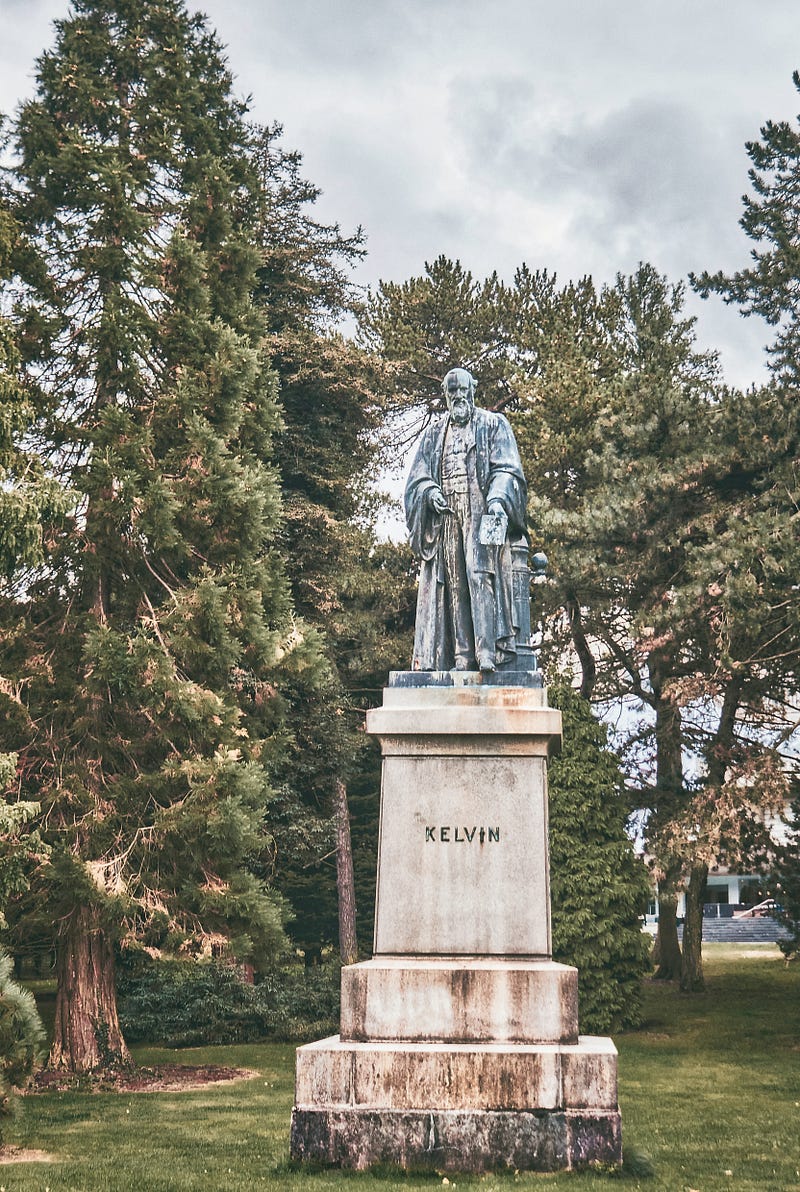Embracing the Journey: Lessons from Teaching and Learning
Written on
Chapter 1: A New Class, A New Adventure
The atmosphere was eerily quiet as I contemplated my last general education course.

I was uncertain about what to enroll in. One of my mother's colleagues, a philosophy professor we affectionately called the Transcendental Texan, left an impression on me. Paul was charismatic, and our families shared skiing trips, which made me think of how engaging philosophy could be, even though I had no prior experience with it.
After moving across the country to attend a well-regarded Eastern college, I was eager to explore diverse subjects. My first semester was exhilarating as I delved into astronomy and anthropology, fueling my desire for further intellectual adventures.
Remembering Paul’s captivating take on philosophy, I decided to enroll in the only introductory course available. Although it lacked the allure of my friend's sophomore class focused on Feminism in Arts and Science, I had heard good things about the professor.
Walking into the first lecture, I was filled with anticipation. My friend had enjoyed her course with a dynamic male professor, setting high expectations for my experience. I chose a seat in the second row, ready to absorb new insights.
Then Mr. T entered the room. He moved with care, his white hair shimmering under the lights. With a gentle demeanor, he explained that the original instructor was unavailable, and he had returned from retirement to fill the void.
I surveyed the room, noting that none of my classmates were familiar faces. We sat in silence, perhaps equally clueless about philosophy. Mr. T announced that we would learn through examples from Shakespeare, utilizing the Socratic method.
I envisioned a lively class where we’d engage in deep discussions, but the reality was a group of students, including myself, who appeared completely perplexed.
As weeks passed, this awkwardness persisted. Then one day, arriving early, I noticed Mr. T trudging down the hallway. He paused at the door, exhaling heavily, and I felt a pang of sympathy for him. Upon entering, I greeted him, marking the first time a student had spoken to him.
His response revealed his loneliness: “You’re the first person who’s spoken to me.”
Determined to change the dynamic, I participated more actively in class discussions. When he posed another question met with silence, I hesitated but then remembered his earlier sadness. I raised my hand, and he called on me. My answer wasn’t correct, but it broke the ice.
Suddenly, my classmates felt emboldened to join the conversation. What followed was an engaging discussion that made learning enjoyable for all of us, including Mr. T.
I consistently volunteered answers after that, often getting them wrong, but without the fear of embarrassment, the class atmosphere transformed into one of camaraderie and exploration. I ended the course with an A-, but my key takeaway extended beyond Shakespeare or philosophy.
The experience taught me invaluable lessons about courage in learning:
- Don’t hesitate to be the first to contribute.
- Mistakes are part of the process.
- The act of trying outweighs the need to appear knowledgeable.
Chapter 2: The Impact of Taking Risks
In this insightful video, "How to Teach an Old Dog New Tricks," the speaker discusses the importance of adaptability and the willingness to embrace new challenges in both teaching and learning. This reflects the core message of pushing boundaries and stepping outside of comfort zones.
The second video, "Teach Your Old Dog New Tricks," offers practical strategies for fostering growth and learning at any stage in life. It reinforces the idea that it’s never too late to learn and evolve, aligning perfectly with the lessons learned in my philosophy class.